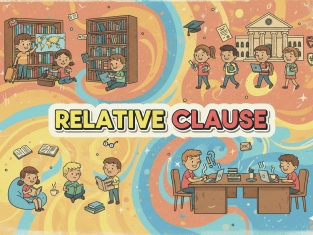Zero and First Conditional
Table of Contents
Exercises
Explanation
Zero Conditional
We use the Zero Conditional to talk about things that are always true, facts, rules, and routines. It shows what usually happens when a condition is true.
Form:
If + Present Simple, Present Simple
This conditional is not about the future — it is about things that always happen.
Examples:
-
If you mix blue and yellow, you get green.
-
If children are hungry, they cry.
-
If you heat ice, it melts.
-
If I drink coffee late, I can't sleep.
Tip:
You can use when instead of if for routine actions:
-
When I feel tired, I take a rest.
First Conditional
We use the First Conditional to talk about real and possible events in the future.
It expresses what might happen if a condition is true.
Form:
If + Present Simple, will + verb
Examples:
-
If it rains tomorrow, we will stay home.
-
If you study hard, you will learn English faster.
-
If I see Anna tonight, I will tell her the news.
-
If they leave early, they will catch the bus.
We often use it for plans, promises, warnings, and predictions.
Zero vs First Conditional
|
Zero Conditional |
First Conditional |
|
Facts and routines |
Real future situations |
|
Always true |
Possible result in the future |
|
If + Present → Present |
If + Present → Will + verb |
|
If you heat water, it boils. |
If you water the plants, they will grow. |
Useful Note
You can use unless instead of if not:
-
Unless you close the door, the cat will run outside.
(= If you don’t close the door, the cat will run outside.)
You can also start with the result:
-
You will be late if you don’t hurry.
Quick Summary
-
Zero Conditional → always true facts
If you touch fire, it hurts. -
First Conditional → real future possibility
If you study, you will pass the exam.

